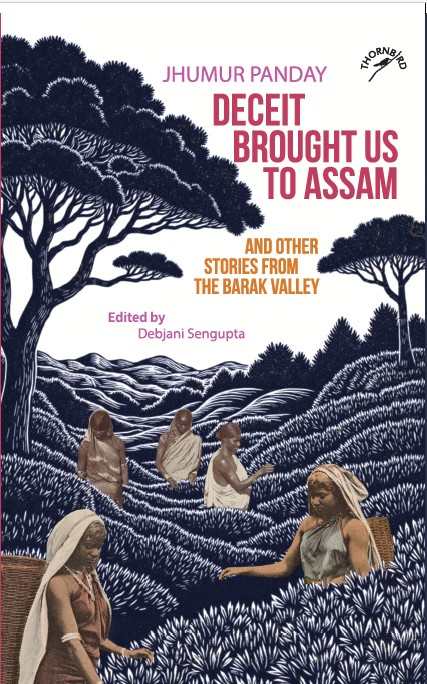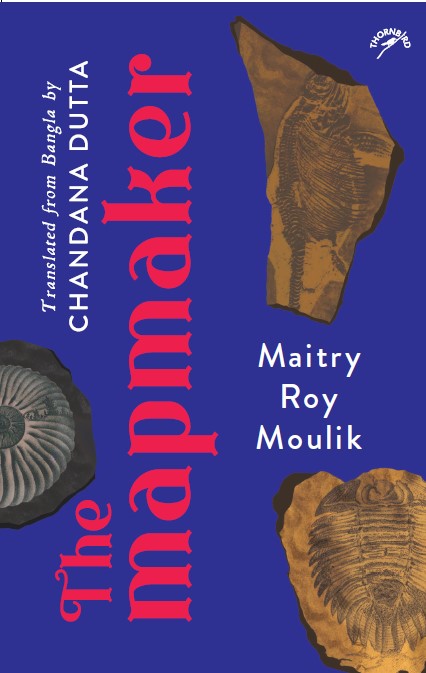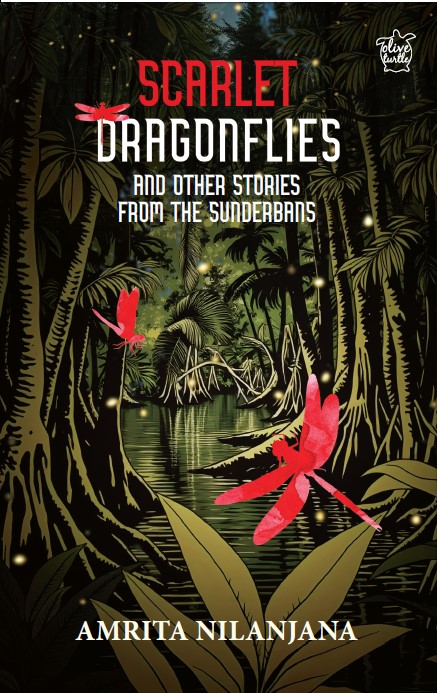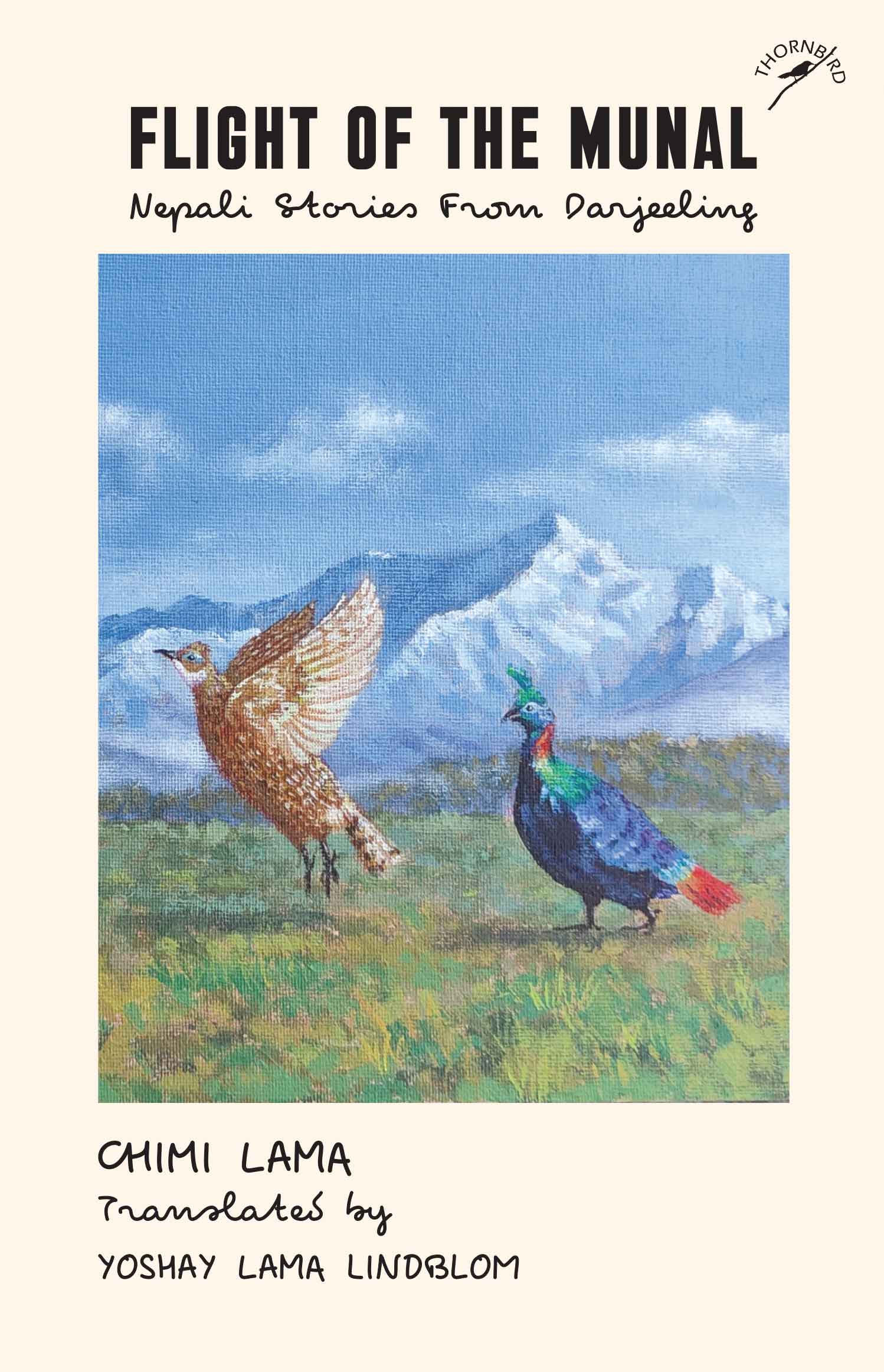Sign up and get notified with new article for free!

Book
White Crane, Lend me Your Wings

White Crane, Lend me Your Wings : A Tibetan Tale of Love and War
A posthumous novel by Dr Tsewang Yishey Pemba, the founding father of Tibetan-English literature, White Crane, Lend me your Wings is a historical fiction set in the breathtakingly beautiful Nyarong Valley of the Kham province of Eastern Tibet in the first half of the twentieth century. Dr Pemba skillfully weaves a dazzling tapestry of individual lives and sweeping events creating an epic vision of a country and people during a time of tremendous upheaval. The novel begins with a never-told-before story of a failed Christian mission in Tibet and takes one into the heartland of Eastern Tibet by capturing the zeitgeist of the fierce warrior tribe of Khampas ruled by chieftains. This coming-of-age narrative is a riveting tale of vengeance, warfare and love unfolded through the life story of two young boys and their family and friends. The personal drama gets embroiled in a national catastrophe as China invades Tibet forcing it out of its isolation. Ultimately, the novel delves into themes such as tradition versus modernity, individual choice and freedom, the nature of governance, the role of religion in people’s lives, the inevitability of change, and the importance of human values such as loyalty and compassion.
Praises for White Crane, Lend me your Wings
In this novel, Tsewang Pemba has evoked the tribal milieu of Kham, Tibet’s ‘wild east’ with its own sense of family and tribal honor where revenge and banditry were a way of life. Above all, White Crane, Lend Me Your Wings tells the fate of Tibet when it was confronted by the modern world in the form of communist China.” — COSMOPOLITAN
Rich in description, the text is conversational in tone yet packs in enough nuance. This book would be of interest to those keen to learn about the recent history of eastern Tibet.” —THE WEEK
|






